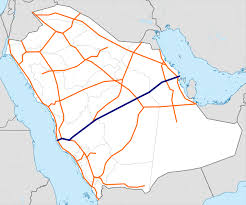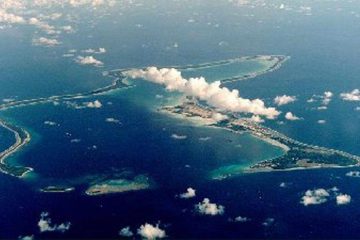Saudi Arabia: A Nation in Transformation

Introduction
Saudi Arabia, a nation steeped in history and religion, has become increasingly significant in the global arena. The Kingdom has embarked on a remarkable journey of economic and cultural transformation, particularly in light of its Vision 2030 plan. This ambitious initiative aims to diversify the country’s economy away from oil dependence, promote tourism, and enhance public sector efficiency. Global eyes are now focused on how these changes may reshape not just Saudi society, but also regional geopolitics.
Economic Developments
In recent months, Saudi Arabia has unveiled several key projects under its Vision 2030 initiative. The most notable is NEOM, a planned cross-border city that aims to integrate smart technologies and promote renewable energy, which reflects the Kingdom’s commitment to sustainability. With plans to invest over $500 billion, NEOM is expected to attract international investments and create numerous jobs, significantly stimulating the economy.
Additionally, Saudi Arabia’s General Investment Authority reported a surge in foreign direct investment (FDI) inflows, with numbers exceeding $6 billion in the past quarter alone. This increase is attributed to the Kingdom’s enhanced regulatory framework, economic incentives, and ongoing infrastructure developments, making it an attractive destination for investors worldwide.
Cultural Engagement and Tourism
The cultural landscape of Saudi Arabia is also undergoing a substantial change. The Kingdom’s efforts to promote tourism were highlighted by the successful hosting of international events, such as the Formula E racing series in Riyadh and significant music festivals. In 2022, Saudi Arabia introduced a new tourist visa, allowing nationals from various countries to explore its historical sites and natural wonders, which were previously inaccessible to international tourists.
Moreover, the Saudi Ministry of Culture unveiled a new cultural strategy aimed at showcasing local art and heritage. This includes funding initiatives for artists and the restoration of historical sites, such as Al Ula, which is now recognized for its archaeological significance. Such moves are reflective of a broader intent to establish Saudi Arabia as a cultural hub in the region.
Conclusion
Despite facing challenges, such as balancing traditional values with modernisation efforts, Saudi Arabia is well on its way to becoming a leading economic and cultural player on the global stage. The consequences of its transformation are vast, not only for the Kingdom but also for the broader region. As Saudi Arabia continues to embrace change, it is essential for international businesses and stakeholders to keep a close eye on its developments, as they will play a crucial role in shaping the future economic landscape.








